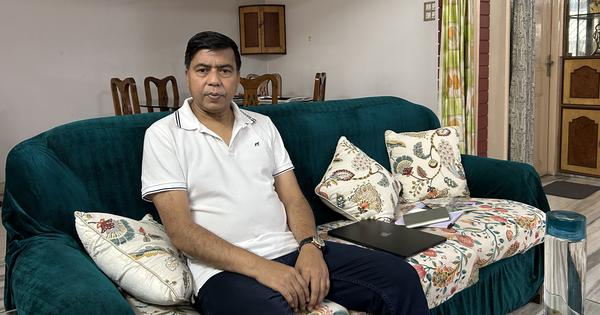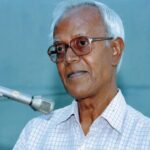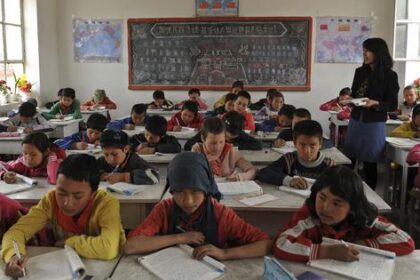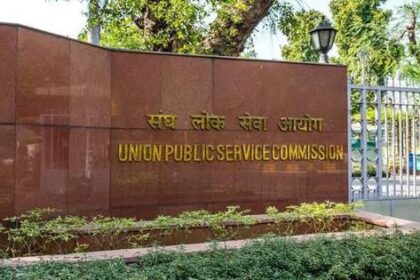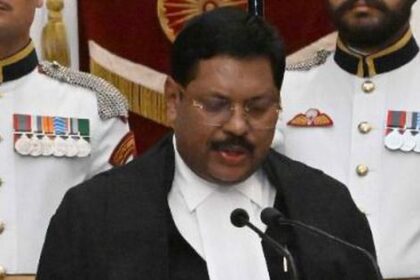Awami League members in Kolkata work to lift party ban ahead of Bangladesh elections in 2026.
Party leaders from the Awami League are actively strategizing their political return to Bangladesh from their current base in Kolkata, India. Frequent meetings in local cafes and virtual discussions with party workers across the border have become commonplace as they navigate the political landscape following a popular uprising that ousted their party in 2024.
One of the prominent figures among the exiled leaders, Habibe Millat, a former MP, shared his experiences of fleeing Dhaka after a student revolution swept through the country. Millat described a harrowing escape that took him 22 hours, traversing the border by car, motorbike, and on foot. His journey culminated in Kolkata, where he currently resides in a modest apartment rented by his wife. Since the upheaval, he has been documenting instances of violence against Awami League members in Bangladesh, stating that there have been at least 637 recorded cases of party workers being attacked, alongside 116 MPs imprisoned.
Millat aims to ensure the lifting of the ban imposed on the Awami League by the interim government led by Nobel laureate Muhammad Yunus, allowing the party to participate in the elections scheduled for February 2026. He estimates that around 1,000 party leaders are currently in India, predominantly in Kolkata. Recently, a BBC report alleging that the Awami League had established an office in the city ignited controversy in Dhaka, prompting the Bangladeshi foreign ministry to label it an affront to national sovereignty. In contrast, New Delhi described the reaction as misplaced.
Despite the backlash, Millat and others downplayed the significance of the alleged office. They emphasized their need for social interaction, asserting that gathering for discussions does not constitute the establishment of a formal political office. Shafiul Alam Chowdhury Nadel, the party’s organizing secretary, also dismissed the BBC report, asserting that they occasionally use a local businessman’s space for informal meetings. Nadel, who once held a prominent position within the Bangladesh Cricket Board, now finds himself leading a more modest lifestyle in Kolkata.
Some Awami League exiles express caution regarding their activities, with SM Kamal Hossain denying his presence in India even while communicating from an Indian phone number. Others, like student leader Saddam Hussain, are more open about their efforts to engage with activists back in Bangladesh. He has established a base near Kolkata and emphasizes the growing dissatisfaction among the populace due to rising street crimes and corruption under the Yunus government. Hussain believes that through organized protests, the Awami League can challenge the current regime.
Millat and Hussain both conveyed optimism regarding the party’s prospects in the upcoming elections. Millat recalled that during a previous period of exile in 1979, the Awami League secured 25% of the vote, despite significant political challenges. He expressed confidence that if permitted to participate in the 2026 elections, the party could garner substantial support due to its organizational strength in various regions of Bangladesh.

